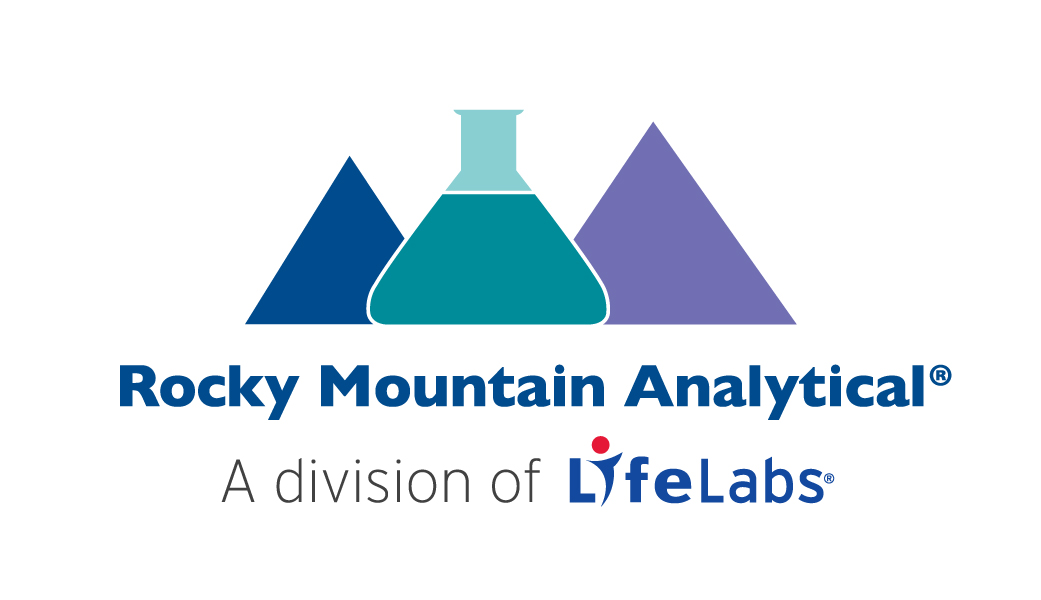Heart disease is the second leading cause of death in Canada. Approximately 2.4 million Canadian adults age 20 and over live with diagnosed heart disease.[1] Knowing how to identify the signs of a heart attack could help to save a person’s life. Here is a list of symptoms and signs of a heart attack that should have you calling 9-1-1. [2, 3]
- Sweating
Leading up to a heart attack, many patients notice profuse, cold sweating without any exertion or other apparent cause.[2, 3]
- Chest Discomfort
People will often have pressure, squeezing, fullness or pain, burning or heaviness in their chest. This is the most common heart attack sign; however, women can experience a heart attack without chest pressure.[4]
- Upper Body Discomfort
The pain and discomfort of a heart attack can travel to other areas of your body including the neck, jaw, shoulder, arms, wrists, back, lower chest or upper abdomen. [2, 3]
- Shortness of Breath
Many people, especially women, often describe a feeling of breathlessness in the days or moments before a heart attack. [2, 3]
- Dizziness, lightheadedness or fainting
Individuals often feel dizzy, and may feel like they’re about to pass out; some people will faint. [2, 3]
- Extreme Fatigue
Individuals report experiencing a gradual onset of fatigue setting in, which starts as a slow drain on energy and becomes complete exhaustion a few days prior to the heart attack.[5]
- Nausea and GI Symptoms
Gastrointestinal symptoms are more common symptoms of a heart attack for women than for men and are often mistakenly attributed to stress or the flu.[6]
If you are experiencing these symptoms, call 9-1-1.
Almost 80% of premature heart disease and stroke can be prevented through healthy behaviours.[7] If you are concerned about your risk of cardiovascular disease, talk to your trusted healthcare professional about testing options available to you.
References:
- Government of Canada. Heart Disease in Canada. February 10, 2017.
- Heart and Stroke Foundation of Canada. Signs of a heart attack. Accessed February 6, 2018.
- American Heart Association. Warning Signs of a Heart Attack. January 11, 2018.
- Heart and Stroke Foundation of Canada. Women’s signs of heart attack. Accessed: February 6, 2018.
- Cleveland Clinic. Women: Don’t Ignore These 3 Subtle Heart Attack Symptoms. March 3, 2016.
- American Heart Association. Symptoms of a Heart Attack. Accessed: February 6, 2018.
- Heart and Stroke Foundation of Canada. Risk & prevention. 2017.
